National triathlete Zacharias Low Zhi Zhong, 20, had been a competitive swimmer since his primary school days. But after 12 years in swimming at the top level, Zacharias, who is more commonly known as Zach, had lost his passion for swimming back in 2012. So he decided then, to pick up running.
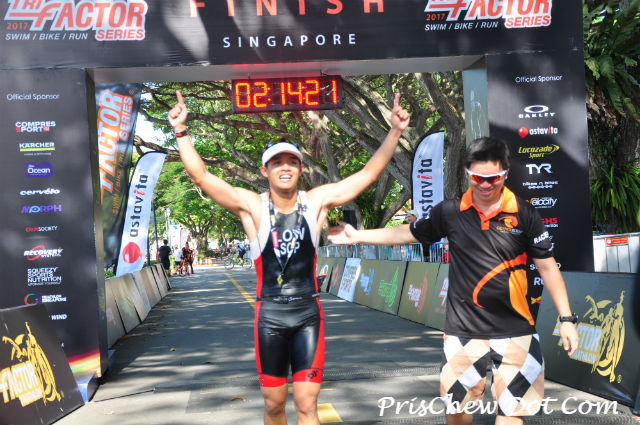
Zach Low.
Zach, who is currently working part-time in food delivery while waiting to enlist in National Service later this year, had got into triathlon in the later part of 2014, after being persuaded by some of his friends to give the sport a go.
Explained Zach, “I did my first triathlon race in 2015 because that is when I got my first bike. My strongest part of the triathlon is the swim because I was formerly a competitive swimmer. After giving up competitive swimming, I ran for leisure and then I began to take a more serious interest in running. The last discipline I picked up, was the bike. Today I love the bike segment because I find it the most thrilling part of the triathlon.”
Picked up several accolades in his short triathlon career
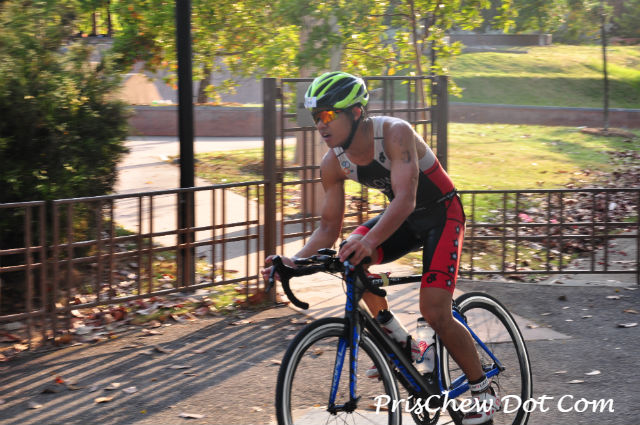
To Zach, the bike leg is the most thrilling part of a triathlon.
Indeed, Zach has never looked back since then. In his short triathlon career so far, he has picked up accolades such as winning the Men’s Open category at the 2016 TRI-Factor Triathlon, as well as finishing the 2017 TRI-Factor Series as the overall champion.
As well, Zach is also being nominated to take part in the Asian Games next year and he is looking at participating in the upcoming Commonwealth Games too.
Trains Daily
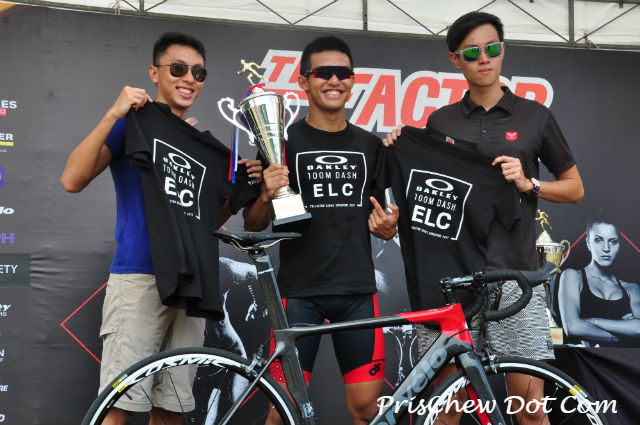
Zach finished the 2017 TRI-Factor Series as the overall champion.
To keep himself in tip-top condition, Zach trains almost every day. He said “I train every day with the coaches at the Second Wind Academy. Depending on what day of the week, it’s sometimes a double session for him, but other days are a single session. Now that I am working part time, I can’t train as much as I want. My training hours are divided into around 15-16 hours per week and that’s split into swim, bike and run. Sometimes I also do strength and conditioning work at the gym.”
He added, “I definitely spend more of my time running because I am not as good at running as compared to some of the other guys, so I have to spend more time running. That would be my discipline to focus on for the coming years, to get better at the run.”
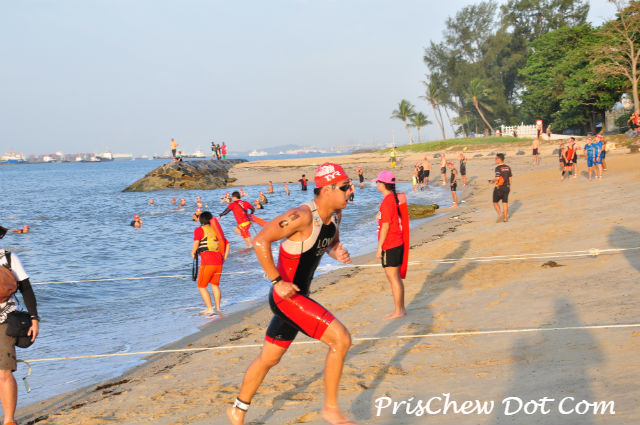
Motivation and passion is important in triathlon, says Zach.
Motivation and passion is important
Due to the long training hours and commitment involved in the sport, Zach adds that motivation and passion is very important. He said, “I would say that keeping your passion for triathlon going, is very important. Find different ways to motivate yourself because if you have that motivation, you can go to training with a purpose and won’t be dragging yourself through your sessions. Keeping the motivation levels up can help you in the long term.”
He added “For me, as an example, I told my coach that I wanted to do well at the TRI-Factor Triathlon this year because I was the series leader and so the week leading to the race was an easy one for me, to taper and rest up. Then I had to give my all out there during the race. It was quite hard.”
Do not overload the body in training and take rest days
But despite the hard training, Zach stresses that it is very important to not overload the body, but to keep things balanced. He said, “Many age group triathletes tend to overload themselves in one session. When you feel good at training, you tend to push yourself for example by doing more reps or going harder, but the trick is to get the intensity right, because you do not want to train hard for one session but end up taking a few days off because you are too tired to keep going.”
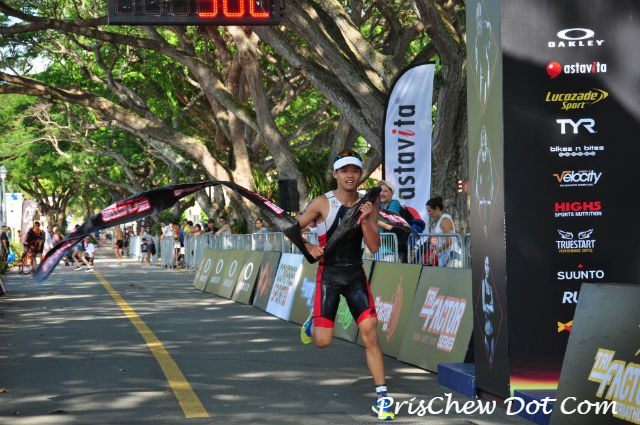
Zach stresses the importance of not overloading the body during training.
He continued, “Instead, consistency and good planning is important in training. Train in a way that you can optimise each session so that you have enough energy throughout the week to keep going. This includes having rest days; a lot of triathletes do not like to rest because they think they are not tired, but it is a bad mistake because the body needs to recover and not resting accumulates the fatigue, which will eventually hit you badly and injuries will come, as a result of not having proper rest.”
While Zach trains daily, his rest days are generally easy sessions. He said, “I have days which are single sessions, so I count those as rest days. I find that if I take the whole day off, then the next day I am sluggish, so my rest days are basically easy sessions.”
And as a race draws nearer, Zach advises triathletes to focus on brick sessions. He said, “Combining two or more sports of the disciplines together during training simulates the experience on race day. Try also, to include open water swimming probably once a week, closer to the race, to refine your open water skills like drafting, sighting and so on.”
Practise imagery of the race
As well, he advises triathletes to practise imagery of their race, in their heads, prior to the day of the actual event.
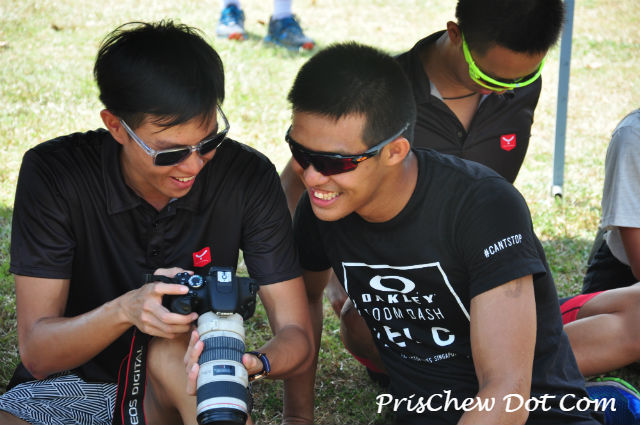
Practise imagery of your race in your head, says Zach.
He said, “Just run through your race mentally, especially small details such as finding your bike in transition, practise putting your helmet on, getting onto the bike and slipping your shoes on and so on. This will help you execute everything smoothly on race day, otherwise when the time comes, you may stumble.”
Continued Zach, “This is a good way to further enhance your race execution plan so that everything will run smoothly on the day itself.”
other blog posts
Phoebe Kee: From basketball to triathlon

Leave a Comment